Unless they are volunteering their time, all truck drivers fall into one of two categories: company driver or owner-operator. One is not better than the other; instead, each pay deal offers its own advantages and disadvantages depending on the specific deal and driver.
In this article, I will go over some of the key differences between company driver and owner-operator pay systems. I will explain some of the advantages and disadvantages of each to help professional drivers make the decision that is the best for themselves.
But first, I will describe the basic components of each type of payment system.
Company Driver
A company driver is someone who is an employee of a trucking company. In Canada, this type of driver should receive a T4 from their employer every year for tax purposes.
As employees, company drivers do not own the equipment they are driving. Company drivers are also generally subject to labour regulations from which owner-operators and other contractors are exempt. This may mean higher pay deductions for tax purposes but also means greater employment protection.
Truck drivers are frequently exempt from certain employment laws (such as overtime regulations), so to fully understand your legal entitlements as an employee in trucking, you need to contact your provincial and/or federal labour office for specific information for your situation.
Owner-Operator
Owner-operator is a term that I am broadly applying to all forms of truck drivers who are not considered employees of their company. There are many different types of owner-operator pay systems and contracts, but the most important and universal aspect of this pay structure is that an owner-operator has some sort of ownership and say over their vehicle.
A lease operator may be contracted exclusively to a single carrier and have to haul that carrier’s trailers; the carrier may largely dictate what type of truck the operator may drive. An owner-operator may be a truly independent one-truck company where the driver is free to pursue whatever type of work they choose.
All owner-operators should make an effort to understand the specific labour and tax laws that apply to their operation.
The Advantages
I will highlight some advantages of each payment system in the subsections below.
The Advantages of Being a Company Driver
A company driver can enjoy legal protection that comes from employment regulations. While there may be certain exemptions for trucking, truck drivers who are company employees typically enjoy Employment Insurance and Canada Pension Plan benefits.
A company driver has much less financial risk than an owner-operator. This is because they are not personally responsible for the expenses of the vehicle they are driving. Company drivers are also normally not contractually obligated to stay at a certain employer.
Company drivers and owner-operators both must learn to become good at the job they do, but a company driver can fully devote their attention to driving/working without the added pressure of truck ownership. It is almost always better to start as a company driver while learning the job before getting involved as an owner-operator.
The Advantages of Being an Owner-Operator
Owner-operators can enjoy freedoms company drivers do not see – depending on their contract.
For example, an owner-operator is normally assigned only to their own truck. This means they are unlikely to be slip-seated (where the company regularly assigns them to a different truck). Owner-operators often can set their cabs up the way they like and often have considerable say in the repairs and maintenance of their truck.
Owner-operators can also make more money than company drivers. However, their ability to do so relies heavily on their business skills, the details of their contract, and how they are treated by their carrier (if they are leased or contracted to a certain company).
The Disadvantages
Now, let’s talk about some of the disadvantages of each payment system.
The Disadvantages of Being a Company Driver
Company drivers often complain of a lack of control over their working conditions. Perhaps they are regularly asked to change trucks: this is a time-consuming and personally disruptive process for which they may not be getting paid.
Company drivers working for employers with poor attitudes towards safety may find their maintenance and repair requests are ignored. Other company drivers may feel coerced into violating transportation regulations. Again, this is felt as a lack of control.
Company drivers may also have a pay deal from their employer which does not fairly compensate them for their time. For example, a mileage-based pay system may sound good when heard from a recruiter, but if the time for repairs, loading/unloading, and road closures are not covered, such a driver may feel like they are working for free in many situations.
The Disadvantages of Being an Owner-Operator
Depending on the contract or lease, the same disadvantages of being a company driver can apply to an owner-operator. This is because some carriers have contracts that offload considerable risk onto the operator while protecting the carrier. In other words, some owner-operators may find that they are controlled just as heavily as when they were a company driver and may discover that they are not even free to leave and take their truck to another carrier without a large penalty.
Some owner-operators may decide to become truck owners so that they can experience some extra control in their lives. However, once they become truck owners, they may find they have no more control than they did before and now have large payments to make. There are also high costs associated with becoming an owner-operator like licensing, equipment, and working without pay while waiting for your first billing cycle.
Being an owner-operator can mean more stress and risk than being a company driver. This is because the operator is normally personally responsible for truck payments and repair bills, and these costs exist even if the work slows down or becomes less profitable.
Many carriers have a lot to gain from using lease operators. Trucks typically experience higher fixed and variable costs than trailers, so by making truck expenses the operator’s concern the carrier is insulated from those costs. There is also considerable money to be saved from taxes by paying drivers as contractors instead of employees, so make sure you seek legal and financial advice before signing a lease agreement.
So what is right for me?
It should be clear at this point that there are two important factors to consider when deciding which career path to take as a professional driver: perceived control and financial risk.
Perceived Control
Many company drivers dream of owning their own trucks so that they can enjoy more control over their life. However, many lease agreements place so many conditions and restrictions on them that they have no more actual control over their lives than they did as a company driver.
Everyone wants to be in control over their own life and destiny. However, many owner-operators have woken up to find themselves indebted and being controlled now by their truck’s maintenance and repair bills.
At the end of the day, a company driver may take home more money than an owner-operator consistently and do so while enjoying benefits such as Employment Insurance. If you are most interested in being in control of your life instead of owning a truck, it may be better to focus on paying down personal debts without signing into a risky lease agreement.
Financial Risk
Professional drivers have the potential to earn good money. Owner-operators frequently cite pay as a major motivator for deciding to become truck owners, but owning a truck comes with financial risks associated with owning any type of business.
If you want to become an owner-operator, a firm understanding of the agreements you are signing is essential. It is also wise to never risk more than you can afford to lose: if you are currently living paycheque-to-paycheque, it may be a better idea to work on your personal finances instead of looking for fast cash as a truck owner.
Summary
Professional drivers can do well as company drivers and as owner-operators. However, doing well in any type of pay deal will depend heavily on the motor carrier and the specific business deal.
Hopefully, this article has shed some light on the pros and cons of truck ownership. At the end of the day, no one should do something they are not comfortable with, so proper legal and financial advice along with a slow, deliberate decision-making process will help you make the decision that is best for you.





Comments are closed